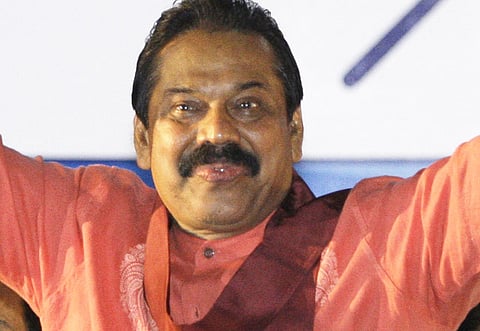Human rights probe will help Sri Lanka
President Rajapakse should cooperate fully with the UN's investigators

UN Secretary-General Ban Ki-moon yesterday named a panel to look into alleged war crimes committed in Sri Lanka during the final months of the island's bloody civil war, which ended in May, 2009.
The Colombo government, however, is furious at the move, refuting all allegations that Tamil civilians were targeted by its troops as it cornered and crushed the final remnants of the Liberation Tigers of Tamil Eelam (LTTE), with Sri Lankan President Mahinda Rajapakse calling the panel "unwarranted and uncalled for".
During its bloody 37-year civil war, an estimated 100,000 civilians and soldiers died, leaving the northern Jaffna peninsula as one of the most heavily land-mined places on Earth, its infrastructure shattered and 200,000 people still displaced.
The UN believes that some 7,000 civilians died in the last four months of the conflict, some being deliberately shelled by the military while others were used as human shields by cornered LTTE forces.
There is also a lingering sentiment that Sri Lankan soldiers executed LTTE rebels attempting to surrender.
Colombo insists that no civilians were deliberately targeted in the last phase of the conflict, and it has used its close ties with both China and Russia to block previous UN attempts to censure Sri Lanka at the Security Council.
The reality is that Rajapakse achieved a stunning military victory in finally defeating the LTTE. That victory required levels of determination and force not previously witnessed on the island.
In building a lasting peace, Rajapakse must reach out to all on the island.
Reconciliation is a vital part of building peace, so too is acknowledging any wrongdoings committed by both sides during the painful years of war.
Sri Lanka should cooperate fully with any probe into human rights abuses or war crimes. It is a vital component of healing.



